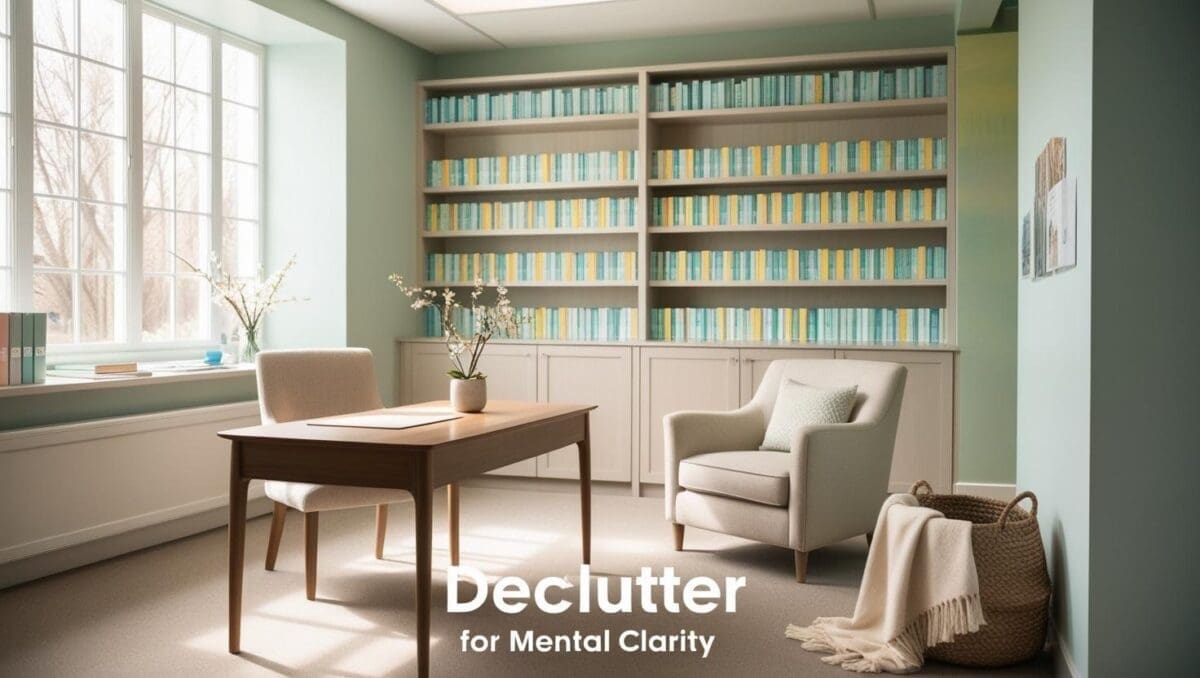Adolescence is a time when young people ask big questions: Who am I? What matters to me? What do I stand for? These questions are all about values — the personal principles that guide our decisions, friendships, and future goals.
Helping teens explore their core values isn’t just an academic exercise; it’s a key part of social-emotional learning (SEL). Values exploration builds resilience, strengthens decision-making, and reduces risky behaviors by giving teens a sense of direction.
Here’s how parents, teachers, and counselors can guide teens in discovering and living their values.
What Are Core Values?
Core values are the beliefs that matter most to us. Examples include:
- Kindness
- Honesty
- Respect
- Perseverance
- Family
- Growth
For teens, values act as an inner compass — shaping choices in friendships, school, and future goals.
Why Values Exploration Matters for Teens
- Identity Formation
- Teens are figuring out who they are. Values give them a framework for identity.
- Decision-Making
- When faced with peer pressure, values help teens make choices they feel proud of.
- Resilience
- Teens who understand their values are less likely to be swayed by temporary stress or outside influences.
- Mental Health
- Living in alignment with values increases confidence and reduces inner conflict.
Activities to Explore Core Values with Teens
1. Values Card Sort
- Provide a set of value cards (honesty, success, friendship, adventure, etc.).
- Teens sort into piles: Very Important, Somewhat Important, Not Important.
Why it works: Gives teens a visual, hands-on way to prioritize values.
2. Role-Play Dilemmas
- Present scenarios like: “A friend asks you to cheat on a test.”
- Teens role-play decisions based on their top values.
Why it works: Connects values to real-life choices.
3. Guided Journaling Prompts
- “A time I felt proud of myself was when…”
- “The qualities I admire most in friends are…”
- “If I could stand for one thing in my life, it would be…”
Why it works: Encourages reflection and self-awareness.
4. Group Discussion Circles
- Teens sit in small groups and discuss which values guide them most.
- Use talking pieces or prompts to keep everyone engaged.
Why it works: Normalizes reflection and shows the diversity of values in peers.
5. Vision Board Project
- Teens create vision boards with images/words that represent their values.
- Display boards in class or share in groups.
Why it works: Turns abstract concepts into creative, visual expression.
Tips for Counselors, Teachers & Parents
- Avoid judgment. Let teens choose their values without correcting them.
- Model your values. Share stories about how your values shape your decisions.
- Revisit often. Values can shift as teens grow — check in regularly.
Final Thoughts
Exploring values gives teens the tools to understand themselves and make choices that align with who they want to become. Whether through journaling, role-play, or vision boards, these activities help teens build resilience, confidence, and compassion.
For related resources, explore my guides on Impulsivity in Teens and Empathy Exercises for Teens.

About the Author
Hi, I’m Eve, a former school counselor with a master’s degree in School Psychology and a passionate advocate for children and families navigating sensory challenges. As a mom of children with sensory sensitivities, I deeply understand the journey special-needs parents face, and I dedicate myself to researching and sharing practical solutions to help children thrive and feel comfortable in their bodies. My goal is also to empower counselors, therapists, and psychologists with creative strategies and supportive resources to enrich their everyday practice. When I’m not writing or exploring new therapeutic approaches, you’ll find me spending quality time with my family and continually seeking inspiration from everyday moments.



